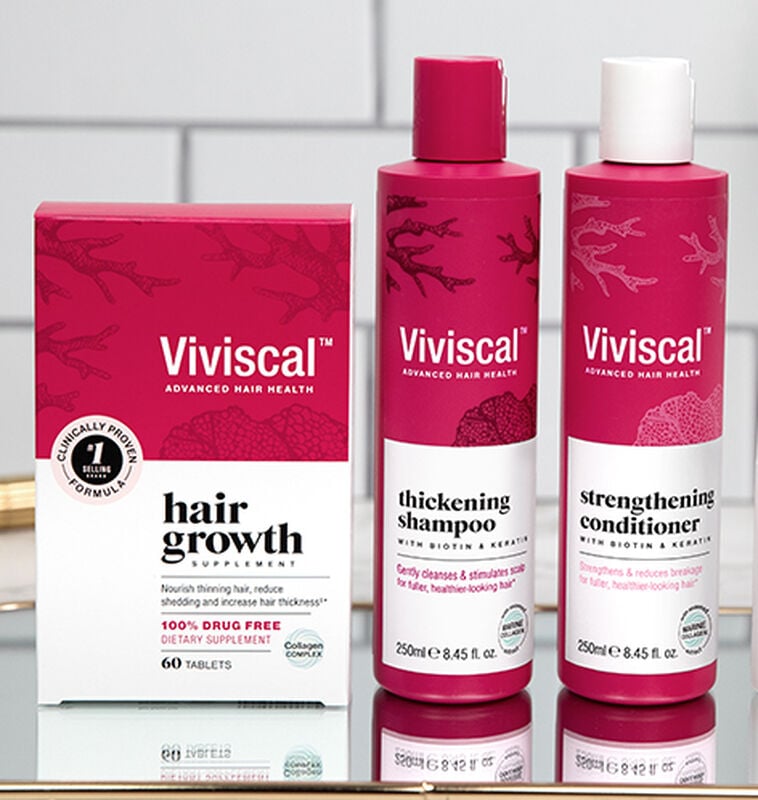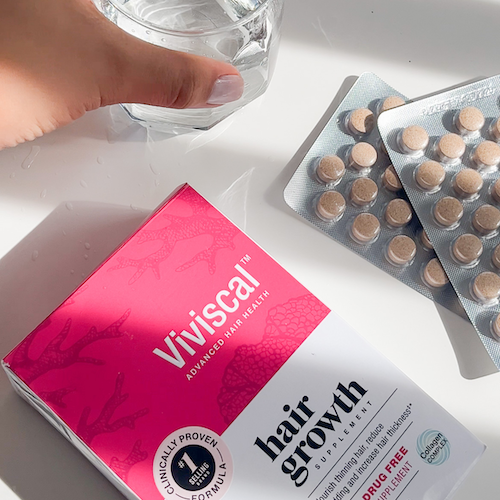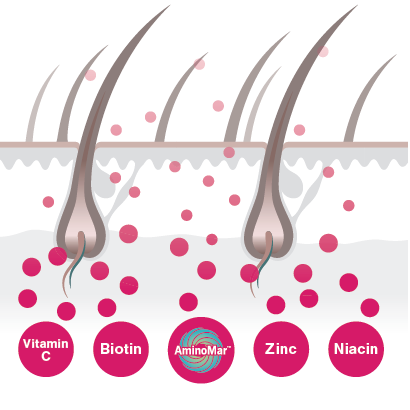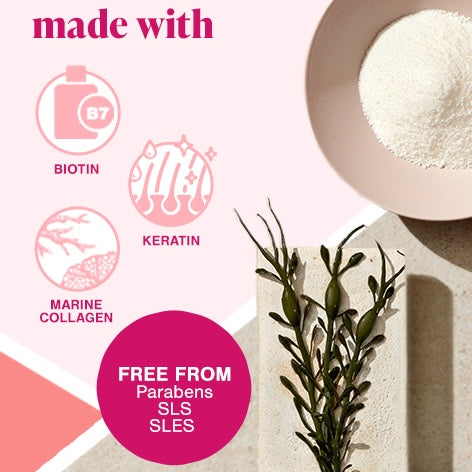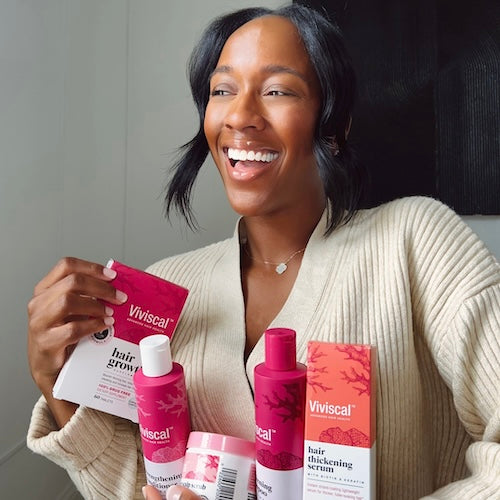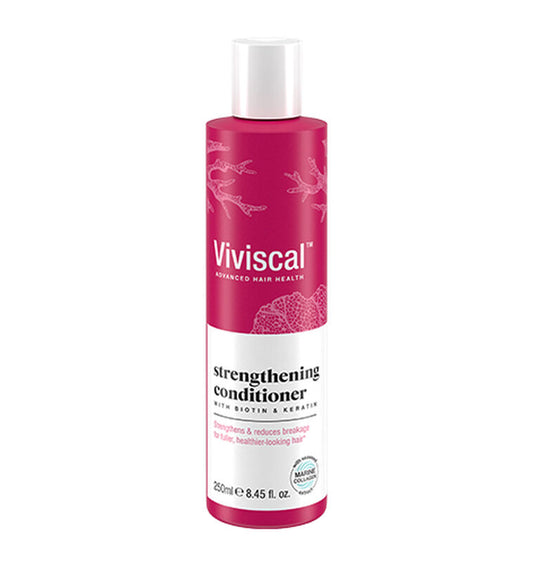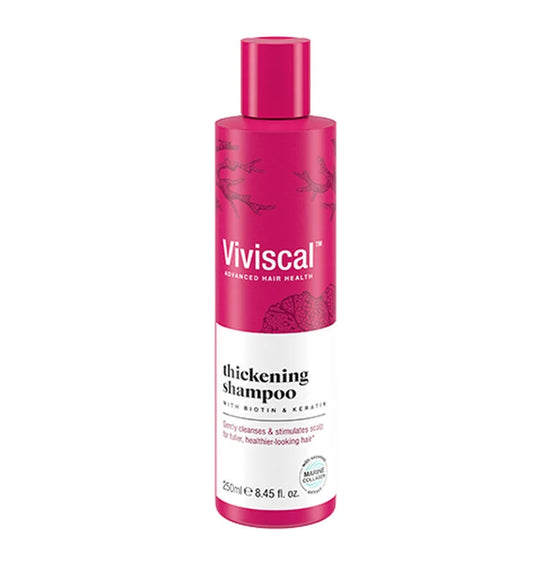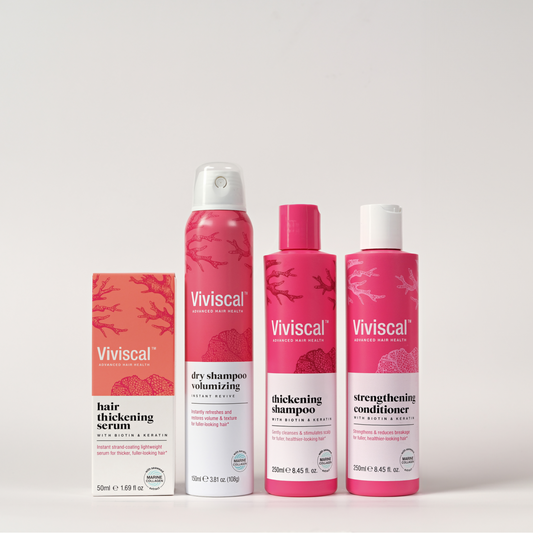This article was originally published on August 3, 2017. It has been updated with new information.
Hair loss caused by hot water? It might sound unlikely, but your shower temperature affects your hair. In this article, we’ll get to the bottom of if hot water causes hair loss. So if you’ve wondered, “Does hot water cause hair loss?” keep reading!
Is Hot Water Bad for Your Hair?
Hot water and steam naturally open up your pores and help remove excess dirt from your scalp. So washing your hair with hot water helps to unclog your pores and give you a deeper clean. A deep clean may sound like a good thing, but there are downsides.
Hot water will clean your scalp, sure. But over time, those hot showers can start to damage the skin on your scalp and impact your ability to grow hair.
Hot water makes your hair strands porous. Porous Hair is more open to the elements rather than tightly sealed. Overly porous hair is dry, brittle, and much more prone to breakage.
And as great as hot water is at washing away dirt and oil, sometimes it washes away natural oils that you need for healthy hair. When your hair lacks these oils (known as sebum), your hair becomes less shiny and loses thickness.
And unfortunately, we become more prone to these effects as we age. This is because younger people replace these oils and the thin layer of skin on the scalp much faster.
Does Hot Water Cause Dandruff?
Hot water doesn’t just dry out your hair. It all dries out your skin. Washing hair with hot water can lead to a Dry, Itchy Scalp and even dandruff issues.
Your scalp needs sebum to stay healthy and protected against the elements. But, as we mentioned before, hot water strips away sebum. As a result, a dry scalp may begin to overproduce sebum to make up the difference, triggering an outbreak of dandruff.
Is Cold Water Good For Hair?
There’s a reason why hair experts love cold water rinses — they’re the perfect switch-up after a hot shower.
Cold water improves blood circulation to deliver the nutrients and minerals from your diet up to your scalp. Better circulation also helps your body remove wastes more efficiently, cycling out any potential toxins that could be causing your hair to grow more slowly.
In addition to the improved circulation, cold water will tighten up your hair cuticles, leaving your strands strong and shiny. And since it won’t wash away your natural oils like hot water, cold water helps seal in moisture and make sure you don’t leave the house with a head full of frizz.
Hot Water Hair Loss: What You Need to Know
Hot water won’t directly cause hair loss, but it can directly affect the health of your scalp and hair. For example, a dry, itchy scalp may not grow hair efficiently. And since dry, Brittle Hair is more prone to breakage, you may find that your hair breaks off more quickly than it is replaced by new growth, resulting in hair loss.
What Should You Do?
If you’ve long been a fan of hot showers, take heart. Here are a few hair simple hair tips that will help to improve the health of hair and scalp and promote regular hair growth:
- Wash and condition your hair with warm water rather than scalding hot. Even if you love that feeling of hot water on your head, it’s not worth damaging your scalp or drying up your hair.
- Always finish with a cold water rinse to keep your hair shiny and strong Just 10-15 seconds is enough to tighten up the cuticles and stimulate circulation.
- Try Viviscal Hair Growth Supplements. Viviscal provides a clinically proven solution for men and women suffering from fine or thinning hair to achieve thicker, fuller, and healthier hair in 3–6 months*. The combination of AminoMarTM plus key vitamins and minerals in Viviscal is scientifically proven to nourish thinning hair and promote existing hair growth*. In clinical studies, women saw a 32% increase in the number of terminal hairs and a nearly 40% decrease in hair shedding/loss in just three months+.
If you’ve been wondering, “Should I wash my hair with cold or hot water?” you now have your answer. The best thing to do is to wash your hair with warm (not scalding) water and rinse with cold.
+Ablon, G.; Dermatol Res Pract., 2015
